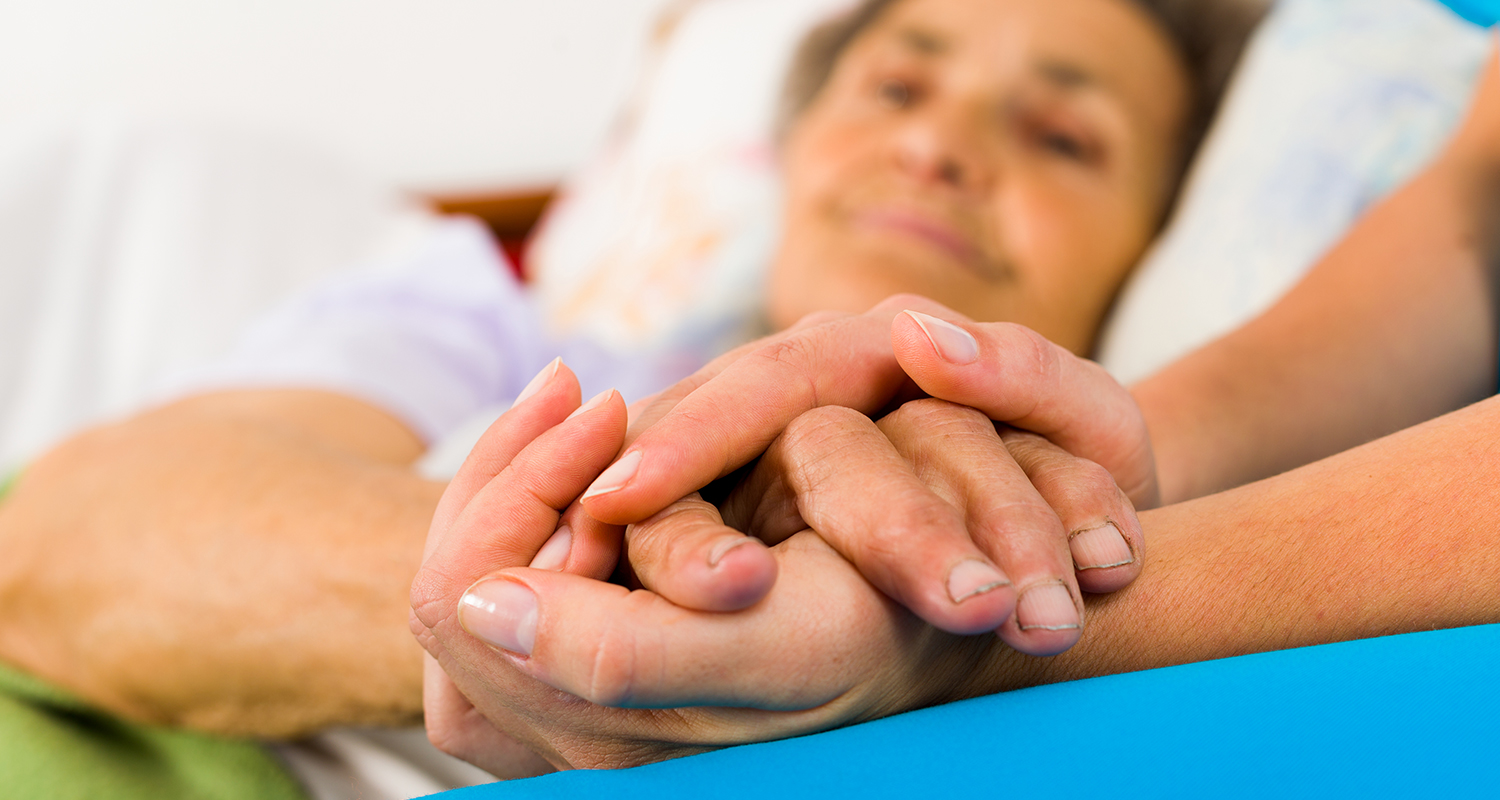Dementia is a condition that causes progressive intellectual decline leading to increasing difficulties in coping with everyday activities. It is not a part of normal aging.
Who is Affected?
It affects mainly elderly people. Locally, according to the Well-being of the Singapore Elderly (WiSE) study led by the Institute of Mental Health in 2024, one in 11 people aged 60 and above may have dementia. By 2030, over 152,000 people in Singapore are projected to live with dementia. Read more here.
Types of Dementia
Dementia is an umbrella term that describes a wide range of symptoms including memory loss and mental decline.
There are two common types of dementia: Alzheimer’s Disease and Vascular Dementia. In Alzheimer’s disease, the onset of symptoms and the progression of the illness is gradual. Although the cause is still unknown, present research suggests that there is a familial tendency and certain chemicals in the brain are lacking. As yet, there is no known medical cure for the disease. Vascular dementia results from a series of strokes in the brain and it is also known as post-stroke dementia.
Symptoms of Dementia
Generally, there are three stages which mark the onset and progression of the disease.

The individual appears forgetful or occasionally repeats himself. Sometimes they behave oddly and become withdrawn, lethargic or agitated. Planning of day-to-day activities becomes difficult.

In this stage, the changes become more noticeable. The memory lapses are more obvious. Behaviour becomes problematic and may interfere with normal day-to-day activities. Some examples of behaviour which may be symptomatic of moderate dementia are:
- Wandering and getting lost
- Repeating words
- Neglecting personal hygiene
- Losing track of time and events
- Forgetting the names of common objects and familiar people
- Irritability and agitation

The individual is unable to recognise family members and will need help in personal care such as bathing, going to the bathroom, dressing and eating. Their speech may be difficult to understand and they may not comprehend what is being said to them.
Below is a checklist of symptoms of dementia:
- Problems with recent memory
- Problems with visual perception
- Changes in mood, behaviour & personality
- Withdrawal from hobbies & activities
- Misplacing things
- Confused with places and time
- Difficulties in planning and thinking
- Difficulties in communication
- Difficulties in completing familiar tasks
- Poor judgement & impaired social behaviour
What can I do if someone I know is showing signs of dementia?
If you have a relative or loved one with memory problems:
-
He/she should see a doctor for an assessment and diagnosis.
-
Get some understanding about dementia. Your doctor can put you in touch with people who can help.
-
Rally for support. Caring for people with dementia is challenging and can be exhausting both physically and emotionally. Learn to talk about your problems. Make sure that you get enough rest. Take care of your own physical and mental well-being.
-
Group support is important. Meet with others who are also caring for people with dementia. Sharing provides mutual support for caregivers.
-
Get expert advice especially with coping with challenging behaviour.
Here are some ways of coping with forgetfulness:
- Remind people with dementia constantly of reality around them, for example, the day, date, month, year, time of day, place and the names of people around them.
- Keep to a regular routine.
- Use memory aids like diaries, memo boards, signs, clocks, calendars, etc.


